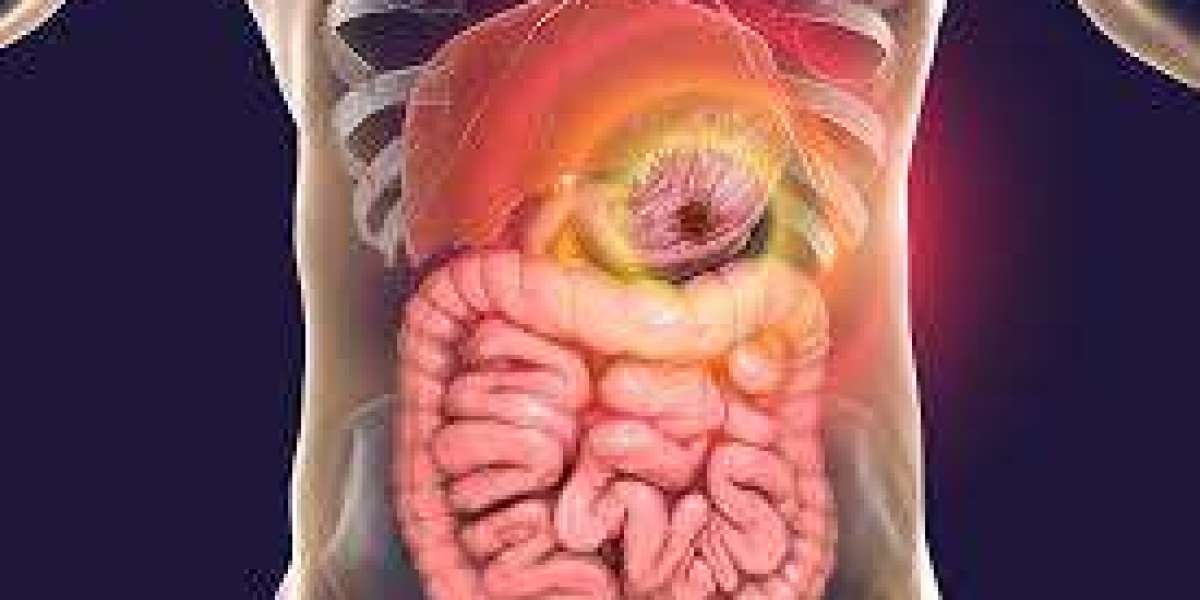Gastroenterology is the branch of medicine that focuses on the digestive system and its disorders. From the mouth to the anus, this complex system is responsible for processing the food we eat, absorbing nutrients, and eliminating waste. Any disruption in this process can lead to a variety of gastrointestinal diseases that affect quality of life and overall well-being. Gastroenterologists are specially trained physicians who diagnose and treat these disorders, ensuring that the digestive tract functions smoothly.
The Importance of Digestive Health
Digestive health is vital for the body’s overall functioning. A well-functioning gastrointestinal tract supports immunity, nutrient absorption, and energy production. Poor digestive health can lead to conditions such as bloating, gas, constipation, diarrhea, acid reflux, and more serious concerns like ulcers, inflammatory bowel disease (IBD), and gastrointestinal cancers. The gastrointestinal system also has a direct impact on mental health, with research suggesting a strong gut-brain connection.
Major Organs in the Gastrointestinal System
The gastrointestinal (GI) tract includes the esophagus, stomach, small intestine, large intestine, rectum, and anus. Supporting organs like the liver, gallbladder, and pancreas also play a critical role in digestion. The process begins in the mouth, where enzymes in saliva start breaking down food. It continues in the stomach, where food is mixed with gastric juices. In the small intestine, nutrients are absorbed, and the large intestine removes waste material through bowel movements.
Common Gastrointestinal Disorders
Several conditions can affect the gastrointestinal system. One of the most common is gastroesophageal reflux disease (GERD), where stomach acid flows back into the esophagus, causing heartburn. Irritable bowel syndrome (IBS) is another widespread condition, characterized by abdominal pain, bloating, and changes in bowel habits. Other common disorders include ulcers, Crohn’s disease, ulcerative colitis, celiac disease, hepatitis, gallstones, and pancreatitis. Many of these conditions require long-term management and lifestyle changes.
Diagnostic Tools in Gastroenterology
Gastroenterologists use a variety of tools and techniques to diagnose GI conditions. These include endoscopy, a procedure that uses a flexible tube with a camera to view the GI tract. Colonoscopy is another important test used to screen for colon cancer and other lower GI tract issues. Imaging tests such as ultrasound, CT scan, and MRI can provide a clear view of the abdominal organs. Laboratory tests like liver function tests and stool analyses are also frequently used.
Treatment and Management
Treatment in gastroenterology depends on the specific condition but may include medications, lifestyle changes, dietary adjustments, and in some cases, surgery. For example, acid reflux can be managed with antacids and proton pump inhibitors, while conditions like IBD may require immunosuppressive medications. A key part of treatment is patient education, emphasizing the importance of a balanced diet, regular physical activity, adequate hydration, and avoiding substances like alcohol and tobacco.
Preventive Gastroenterology
Preventive care is crucial in managing digestive health. Regular screenings, especially for colon cancer, can detect problems early. People over 50 or those with a family history of colorectal cancer are strongly advised to undergo routine colonoscopies. Vaccination against hepatitis viruses and early intervention for obesity and diabetes also play preventive roles in gastrointestinal health.
The Future of Gastroenterology
Advancements in gastroenterology continue to improve patient outcomes. Modern technologies such as capsule endoscopy, which involves swallowing a small camera, and minimally invasive surgeries have transformed the field. Researchers are also exploring the gut microbiome—the trillions of bacteria that live in our intestines—and how they influence health and disease.
Conclusion
Gastroenterology plays a pivotal role in maintaining digestive health and diagnosing diseases that affect a vital part of the human body. As awareness about GI health grows, early diagnosis and treatment become more accessible. By understanding this essential branch of medicine, individuals can take proactive steps toward better health and well-being.







